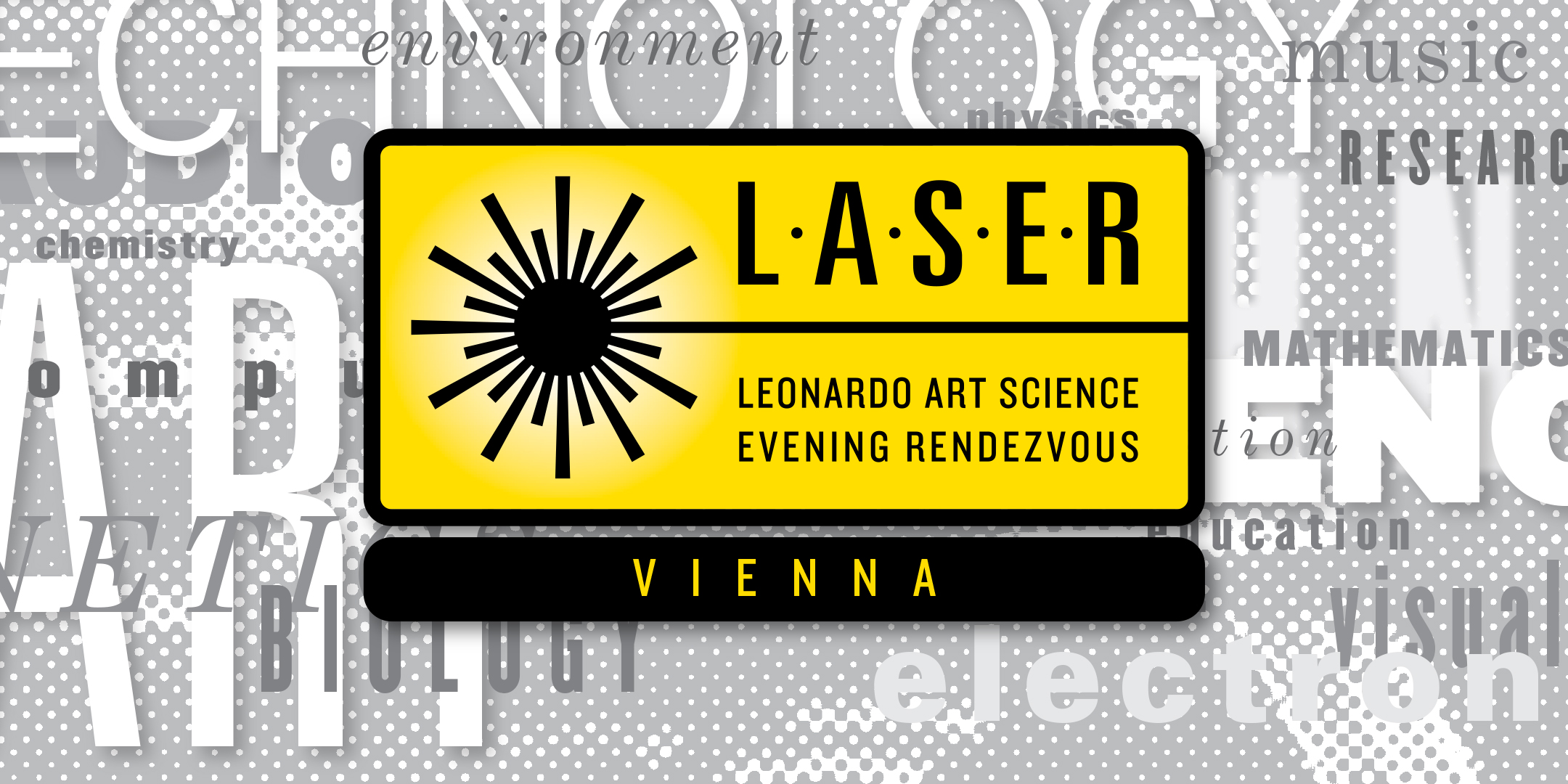
CHAIRS: Klaus Spiess and Susanne Gahbauer
Recently, new theories of Trans reflecting terms such as “Transgender” and “Transspecies” as well as the take-off of Bioarts have been challenging the traditional distinction between “the self” and “the other”. In 2011 Marion Chantal Lavet won the golden Nica of Ars Electronica for injecting herself immune globulins of a horse to feel sort of “transspecies brotherhood”. Since then the topic of immunity has become of great interest in the art scene. During Kathy High´s studies on fecal transplantations finally, the microbiota turned the idea of “self” and “foreign” inside out overwriting Dr. Rabelais´ grotesque 16th century body images of tiny soldiers living in Gargantuas mouth…
The Microbiome, the Immune System, and Individuality: A Philosophical Examination
Thomas Pradeu
is a Senior Investigator in Philosophy of Science at the French National Centre for Scientific Research (CNRS), Paris & University of Bordeaux, France, the PI of an ERC Starting Grant on the microbiome and biological individuality, and the coordinator of the Institute for Philosophy in Biology and Medicine (PhillnBioMed). From 2008 to 2014, Associated Professor in Philosophy at Paris-Sorbonne University. Starting in 2014, he became “embedded philosopher” in the immunology lab called ImmunoConcept (UMR5164).
Immunology is a biomedical field with a strong experimental tradition, but it has also been critically influenced by philosophy. In this talk, I will show how these two fields have interacted in the past, and argue that the dialogue between them should continue and even be reinforced today. My point of view will naturally be biased by own position – that of a philosopher trained in immunology, and “embedded” in the main immunology lab in Bordeaux.
The focus of my talk will be the issue of biological individuality, to which immunology makes a pivotal contribution, especially in the context of recent research on microbiome-immune system interactions. I will show that immunological individuality must be understood today not in light of the traditional “self-nonself” framework, but as the unification of an ecosystemic plurality: every organism is an ecosystem, made of billions of different biotic elements (including components of the microbiome), unified by the constant control exerted by its immune system. I will also explain why I consider that this alternative view of immunological individuality should be rooted in a novel theoretical framework, namely the discontinuity theory of immunity (DTI), which I developed through interactions with immunologists, particularly Eric Vivier (CIML) (Pradeu and Carosella, 2006; Pradeu and Vivier, 2016; Pradeu et al., 2013). Finally, I will argue that the view of immunological individuality developed here suggests a re-definition of immunity beyond the traditional idea of bodily defense, and its integration into a broader physiological framework (Eberl and Pradeu, 2018).
Overall, I hope to demonstrate that immunology and philosophy still have much to talk about, and that we should collectively facilitate their interactions.
Recent Publications:
Eberl, G., and Pradeu, T. (2018). Towards a General Theory of Immunity? Trends Immunol.
Pradeu, T., and Carosella, E. (2006). On the definition of a criterion of immunogenicity. Proc. Natl. Acad. Sci. USA 103, 17858–17861.
Pradeu, T., and Vivier, E. (2016). The discontinuity theory of immunity. Sci. Immunol. 1, aag0479-aag0479.
Pradeu, T., Jaeger, S., and Vivier, E. (2013). The speed of change: towards a discontinuity theory of immunity? Nat. Rev. Immunol. 13, 764–769.
His talk will discuss:
Silvia Bulgheresi
who is Assistant Professor in Environmental Cell Biology at the University of Vienna, where she has been researching and teaching microbial symbioses with focus on host immunology and symbiont cell biology. Her main research questions are “How are host and bacterial immune systems regulated?” and “How do host and symbiont coordinate their reproduction?” Her discoveries on how animal-attached bacteria reproduce challenge long-established bacterial cell biology. She is currently running three projects funded by the Austrian Science Fund (FWF), “Animal Host Control of Beneficial Bacteria”, “DK plus: Microbial Nitrogen Cycling” and “Growth and Septation of Animal-Attached Bacteria”.
Klaus Spiess
who runs the cross-disciplinary Arts and Science program at the Medical University Vienna, where he is Associate Professor. He develops transdisciplinary performances/ installations on the subject of biopolitics performing (together with Lucie Strecker) at Budascoop Kortrijk; Tanzquartier Vienna; Belvedere/21er Haus, Vienna; Bemis Center of Contemporary Art, Omaha; Click Festival, Helsingør; among many other venues. His installations (together with Lucie Strecker) have been shown at venues like the Beall Center for Art + Technology, Irvine; the Onassis Cultural Centre, Athens; or at the Prix Ars Electronica Festival. He published on the subject of his work in Leonardo, The Journal of Performance Research and The Lancet.
SPONSORS:

LASER (Leonardo Art Science Evening Rendezvous) Talks is Leonardo's international program of evening gatherings that bring artists and scientists together for informal presentations and conversations. LASER Talks were founded in 2008 by Bay Area LASER Chair Piero Scaruffi and are in over 30 cities around the world. To learn more about how our LASER Hosts and to visit a LASER near you please visit our website.
The mission of the LASERs is to provide the general public with a snapshot of the cultural environment of a region and to foster interdisciplinary networking.
United States
